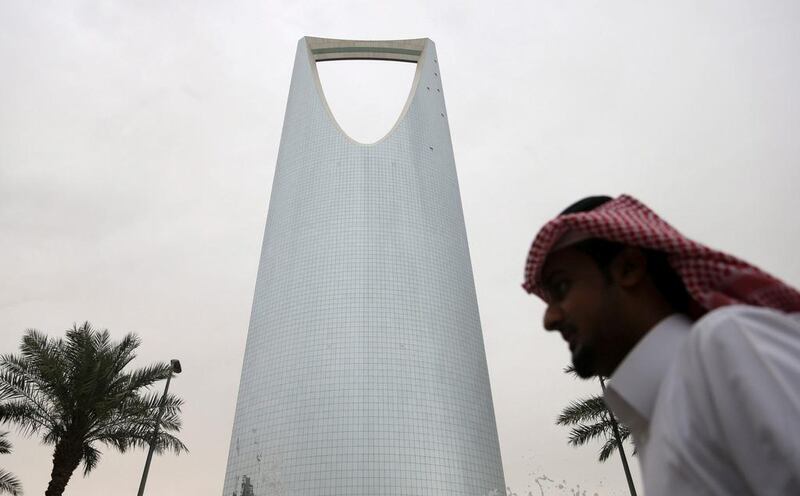Saudi Arabia, the largest Arab economy, sold 7 billion riyals (Dh6.85bn) worth of Islamic bonds or sukuk, its third issuance under a new programme that will help to plug its fiscal deficit.
The issuance, which was more than three times oversubscribed, was in three tranches, a 2.4bn riyal bond maturing in 2022, a 3.9bn riyal bond maturing in 2024 and a 0.7bn riyal bond maturing in 2027, the finance ministry said in a statement on its website. It did not provide profit rates for the bonds.
The sukuk paid yields of 2.75 per cent, 3.25 per cent and 3.45 per cent for the five, seven and 10-year bonds, respectively, sources familiar with the matter told Reuters.
The world’s biggest oil exporter began in July selling sukuk under a new programme, without specifying how much it planned to sell or the timeline for issuances. Its first issuance was 17bn riyals and its second in August was 13bn riyals.
The ministry revealed in July the names of 13 local banks that have qualified to take part in the sukuk programme.
_______________
Read more:
Saudi Arabia plans riyal-denominated Islamic bonds
Saudi Arabia's 13b riyal sukuk nearly three times oversubscribed
_______________
In April, Saudi Arabia sold US$9bn worth of international sukuk, its first foreign sale of Islamic bonds.
The Saudi government put on hold in October last year the sale of domestic conventional bonds after it sold a $17.5bn international bond, the biggest such by an emerging market nation.
Prior to the international sale, the government was selling 20bn riyals of bonds to banks each month since mid-2015 to help finance its budget deficit.
The government is forecasting a budget deficit of 198bn riyals for this year, compared with an actual deficit of 300bn riyals last year.
The kingdom narrowed its fiscal deficit by a fifth from a year earlier in the second quarter, thanks to an uptick in revenues and a drop in spending.






